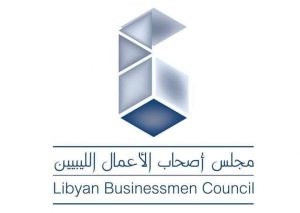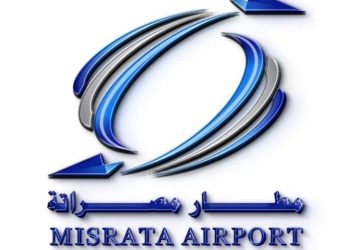By Sami Zaptia.

London, 24 July 2020:
The Libyan Business Council announced yesterday the launch of a reform initiative and ‘‘platform’’ to support the private sector. It said that this done in an effort to take practical steps to crystallize a number of urgent reforms in accordance with the requirements of the current phase Libya finds itself in.
The platform, which was presented at a meeting chaired by LBC chairman, Abdalla Fellah, in the presence of a group of businessmen, economists and a number of those interested in economic affairs, is part of the LBC’s initiatives aimed at developing and strengthening the private sector.
The meeting called for the need to support the private sector, standardize the exchange rate and look into high prices. This was an initial consultative meeting, the LBC said, with further details of reforms and meetings expected.
It will be recalled, meanwhile, that the Tripoli Central Bank of Libya (CBL) held a ”consultative” meeting on 22 July with a number of independent finance and economy experts and academics.
Reunification of the CBL
During the meeting it was told that it needed to urgently reunify the Central Bank by reunifying its board through the holding of a board meeting.
Reactivation of the suspended bank clearing system
The meeting also urged the reactivation of the suspended bank clearing system. Currently, Tripoli CBL has cut off eastern Libyan banks from its bank clearing process. Bank account holders in eastern Libya are today forced to transport carloads of cash to the west to be able to open Letters of Credit (LCs).
Because cheques drawn on eastern based banks are no longer cleared by Tripoli, eastern-based banks are now fast running out of cash reserves. The situation has become so critical that leading Libyan bankers warn that the whole Libyan banking system is on the verge of collapse.
Unifying the foreign exchange rates
The Tripoli CBL was also urged to standardize and unify the official exchange rate for hard currency sales. Currently, there is a preferential official exchange rate for state entities and those with ‘‘contacts’’ in the Tripoli CBL / Tripoli government for the US dollar at the LD 1.4 / dollar preferential rate.
The second official exchange rate is at about LD 3.65 per dollar for the opening of LCs for imports on the permitted import list. The black-market rate, meanwhile, is between LD 5-6 per dollar.
The existence of multiple exchange rates is seen as one of the major bones of political and military contention between eastern and western Libya. It is also a major source of corruption. Those with contacts, including militiamen and militia commanders, have reportedly become overnight millionaires as a result of obtaining an LC at the preferential LD 1.4/dollar rate.
Failure to integrate its monetary, commercial and finance policies
The CBL was also criticised for its failings in policy, and specifically its failure to coordinate and integrate its three monetary, economic and finance policies.
It was also criticised for engaging in a negative media campaign and correspondence war through leaked letters to the Presidency Council, headed by Faiez Serraj, and to the Finance Ministry, headed by Faraj Bumtari.
Eastern CBL Financial Stability report: Imbalance in state financial discipline (2/2)
Financial database fundamental to building stability in Libya’s economy: CBL Beida report (1/2)
Libyan economy on verge of collapse because of oil shutdown: Former banker
Libya’s banking system on verge of collapse: Leading Libyan banker








